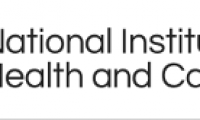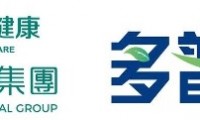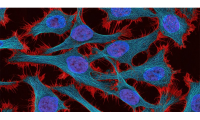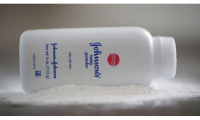-
NICE recommends two AI-powered software tools for stroke diagnosis in NHS
- Source: drugdu
- 87
- January 27, 2024
-
AI Leverages Tumor Genetics to Predict Patient Response to Chemotherapy
- Source: drugdu
- 88
- January 25, 2024
-
Deep Cooperation Agreement Between Beijing Hemophilia Association and Shanghai RAAS in Rare Disease Care
- Source: drugdu
- 91
- January 25, 2024
-
//www.fiercepharma.com/pharma/johnson-johnson-settles-talc-consumer-protection-claims-42-states-700m
- Source: drugdu
- 86
- January 25, 2024
-
Johnson & Johnson inks $700M deal to resolve talc consumer protection claims from 42 states
- Source: drugdu
- 189
- January 25, 2024
-
Data from 11 studies of CHIATAI TIANQING’s class 1 innovator anilotinib, pembrolizumab, and bemosulbemab unveiled
- Source: drugdu
- 170
- January 24, 2024
-
Gilead Drug Fails Pivotal Lung Cancer Study, But Still Might Have Path Forward
- Source: https://medcitynews.com/author/fvinluan/
- 196
- January 24, 2024
-
NHS catch up campaign launched for missed MMR vaccines
- Source: https://pharmatimes.com/news/nhs-catch-up-campaign-launched-for-missed-mmr-vaccines/
- 103
- January 24, 2024
your submission has already been received.
OK
Subscribe
Please enter a valid Email address!
Submit
The most relevant industry news & insight will be sent to you every two weeks.












